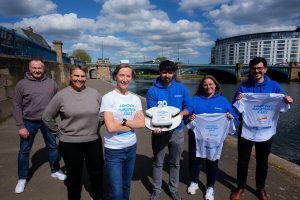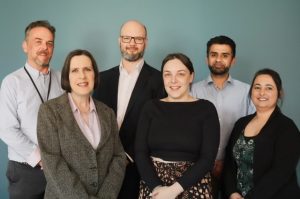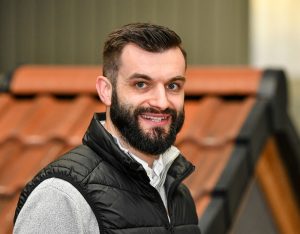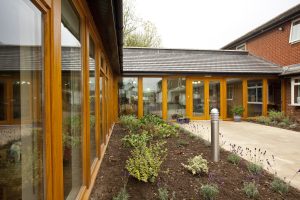Spin-out success celebrated at University of Nottingham Enterprise Dinner
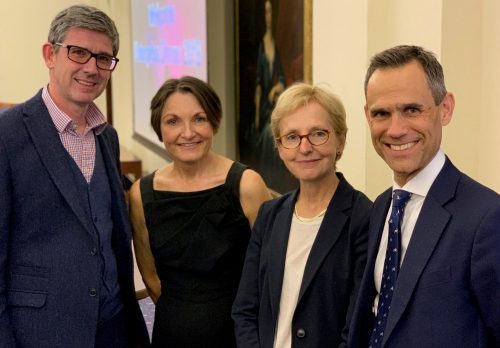
Spin-out success, new ventures and the key role universities play in nurturing enterprise came under the spotlight at the University of Nottingham Enterprise Dinner 2019.
More than 90 guests attended the celebration of the University’s commitment to the commercialisation of ground-breaking ideas, with millions of pounds invested in the growth of businesses developing products and services which benefit the world at large whilst delivering a financial return which can be reinvested in the core mission of learning, research and impact.
The dinner saw the latest additions to the University’s 20-strong spin-out portfolio introduced by Dr Susan Huxtable, director of intellectual property management and Commercialisation. They are Blueskeye AI, which uses Artificial Intelligence to help diagnose mental health problems; Texture Jet, which is developing innovative surfacing solutions for manufacturing; and Taraz Metrology, a specialist in optical metrology for additive manufacturing.
Keynote speaker Dr Mark Payton, chief executive of the technology investor Mercia Technologies, used his speech to call for a significant change in the geographical distribution of investment funding, which is currently dominated by London.
He told the dinner: “There is a two-and-a-half-times over supply of capital in London, which I find truly remarkable. We always say that we are in the regions, from the regions and to the regions because we believe there are great investment opportunities across the Midlands and the North and we regard it as our job to get out there and support high growth firms at an early stage.”
Outlining his key criteria for investment success, Dr Payton said he looked for “leaders and feeders” – key people in and around a business, and investors and institutions with the capacity to provide support, including universities.
He explained: “Leaders are entrepreneurs, and we see two generations – the first has a business background, the second are graduates coming through universities and willing to take a risk in business.
“Leaders are also senior managers in coachable teams willing to listen, with a strong chair and a driven CEO. A strong dynamic between them is a common feature of success in our portfolio.
“The number one feeder is the provider of capital. You need full alignment with whoever is providing it because if that breaks down you will fail. A second feeder is universities and Mercia’s offices are in university cities like Nottingham because these are places where we can build, where we see SMEs come through, often in university science parks.
“The final feeder is mentoring networks and support. It is critical for businesses to be able to talk to people who are not in their teams about issues that matter, whether that is through mentors or meet-ups.”
Earlier, the dinner heard from Professor Dame Jessica Corner, pro-vice-chancellor for research and knowledge exchange at the University, and Dr Andy Naylor, CEO of Nottingham Technology Ventures, which manages the University’s spin-out activity.
Corner has recently examined the Silicon Valley ecosystem connected to UC Berkley and Stanford University. She said: “We can’t replicate that here in Nottinghamshire but we can certainly do more. What struck me during the visit is that people are becoming leaders earlier during their lives and careers, and how we can make that more usual than exceptional is something we need to consider.”
Dr Naylor used the dinner to formally announce the launch of the University of Nottingham Invention Fund, a £5m support fund that has already made its first five investments.
He said: “We’re aiming to deliver a step-change in the University’s spin-out portfolio, and we’re doing this through three primary activities – creating new companies, managing the University’s investment funds, and supporting our companies as they develop and grow, including helping them to exit.
“This has resulted in £15m cash returns to the university since our last Enterprise dinner. The financial returns from these exits are used to support the University’s core mission of being an inspiring place to learn and conduct world-class research.
“But beyond this, our spin-out companies are changing the world to become a better place and help improve people’s lives – from NuVision and Exonate, which are helping people to see, to Surepulse, which is saving babies’ lives, and Promethean Particles, which is delivering new ways of manufacturing materials.”

